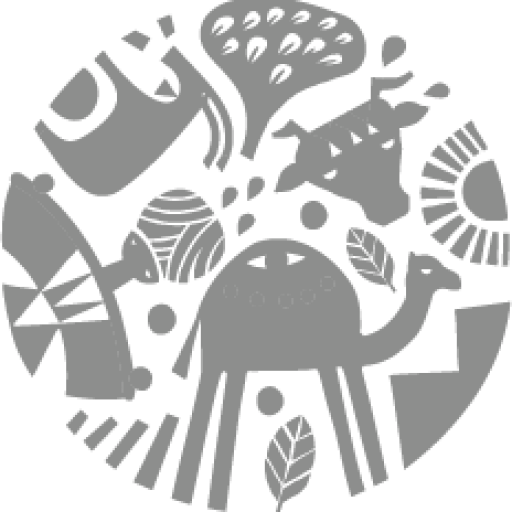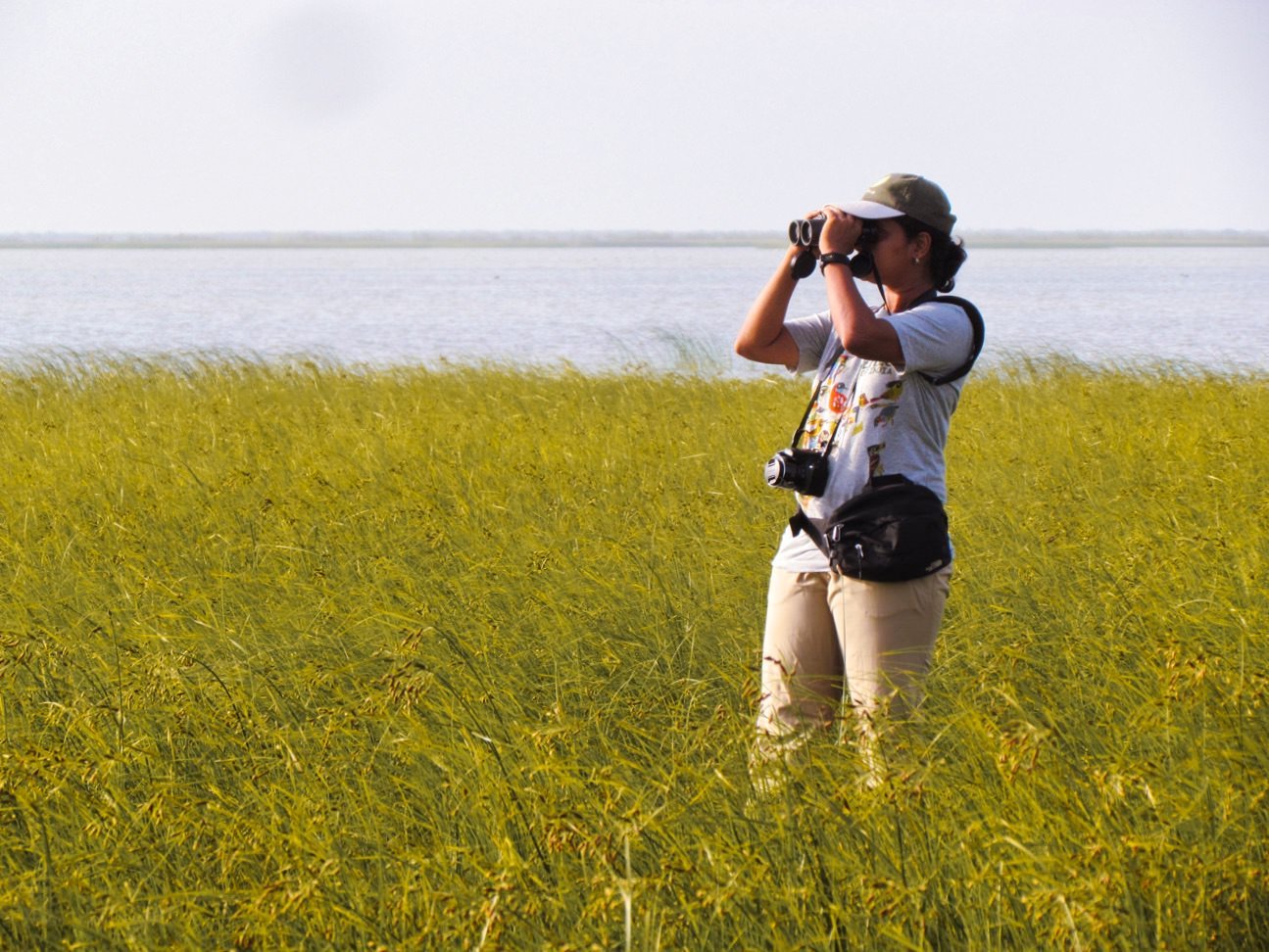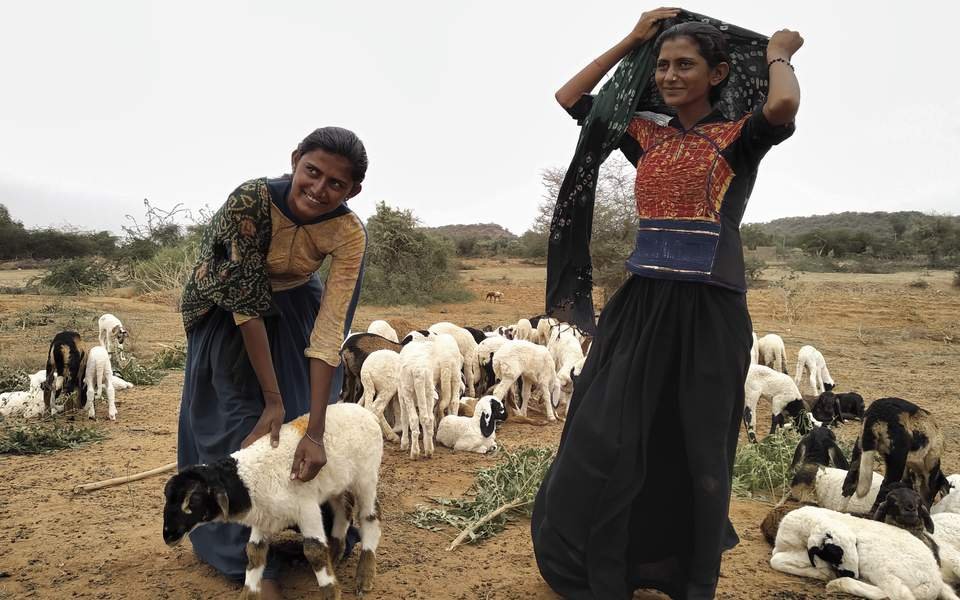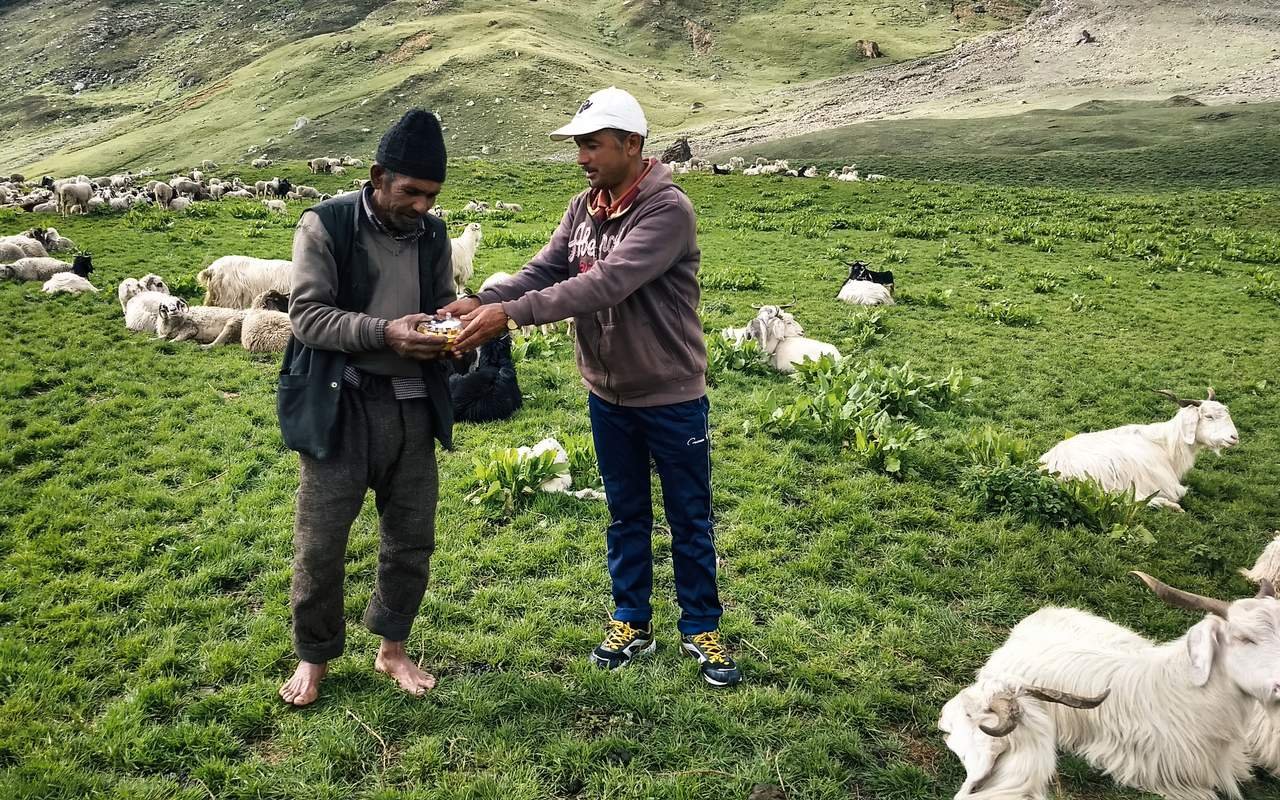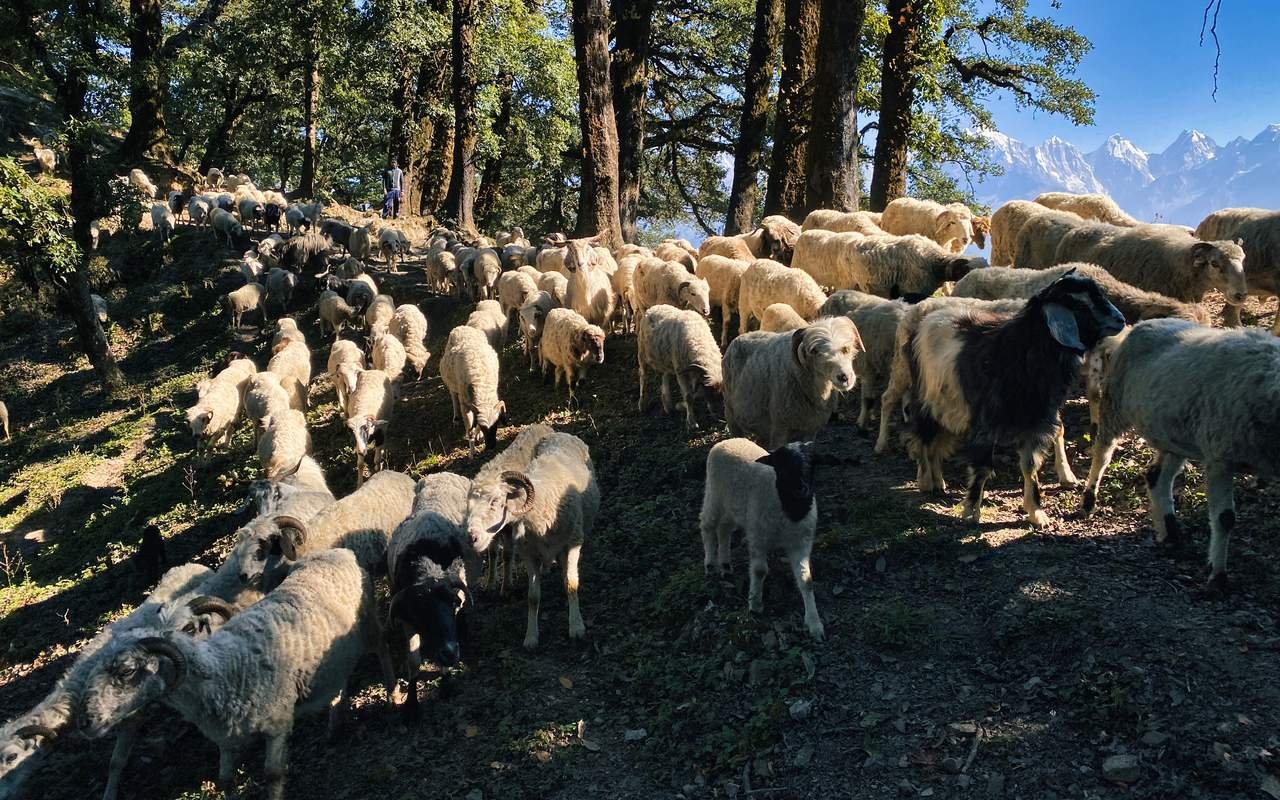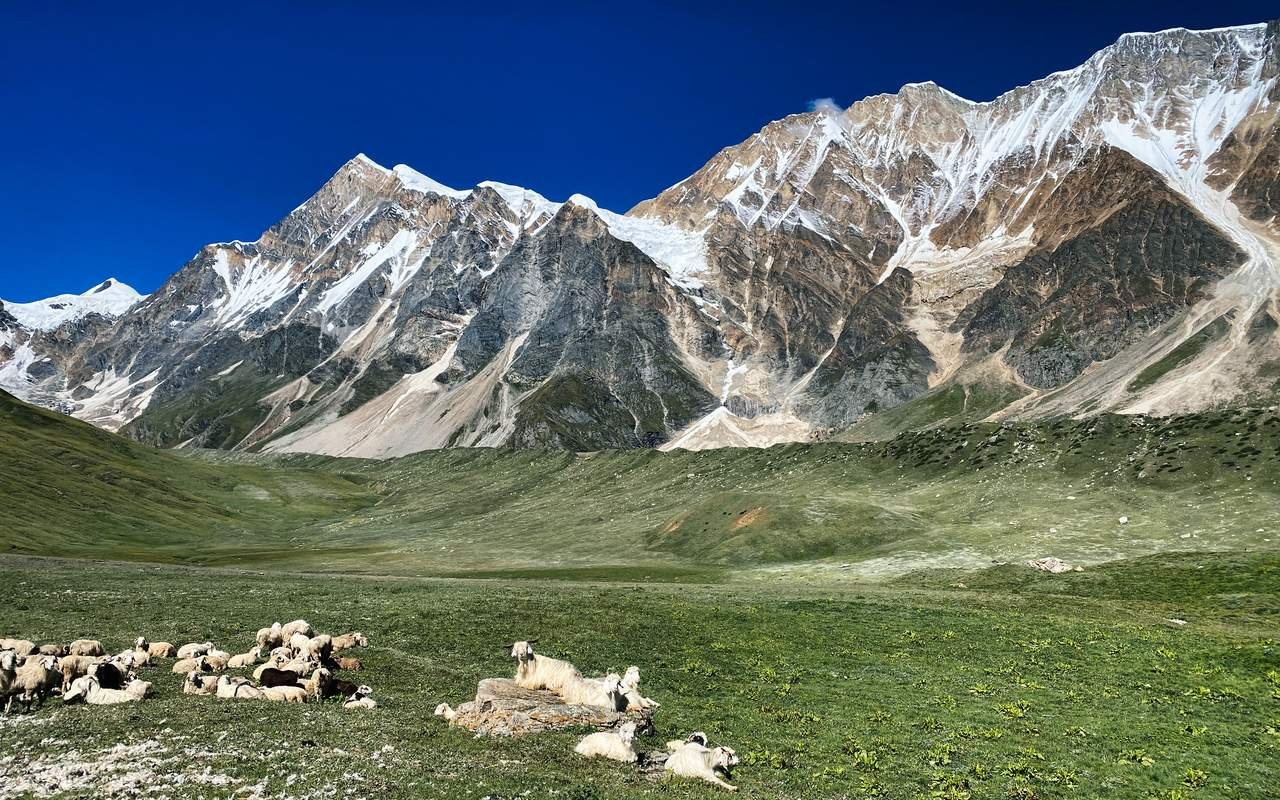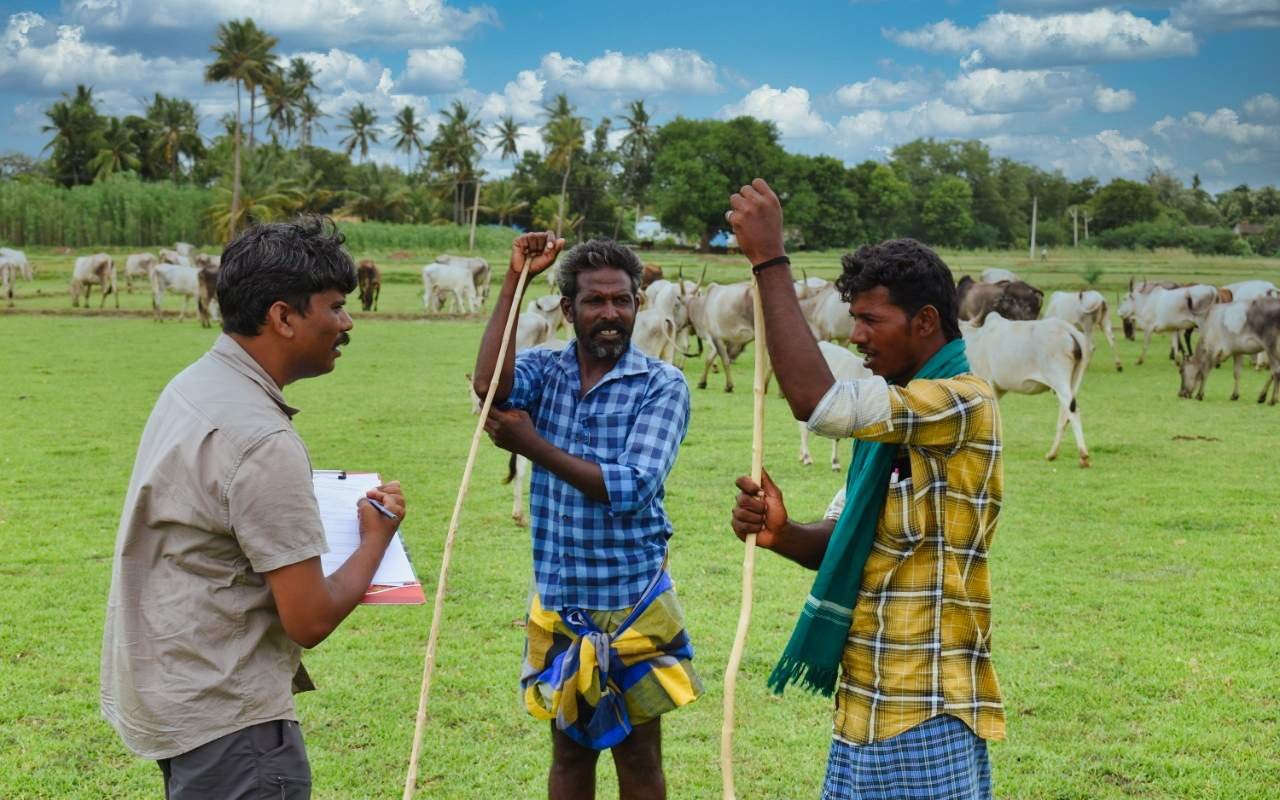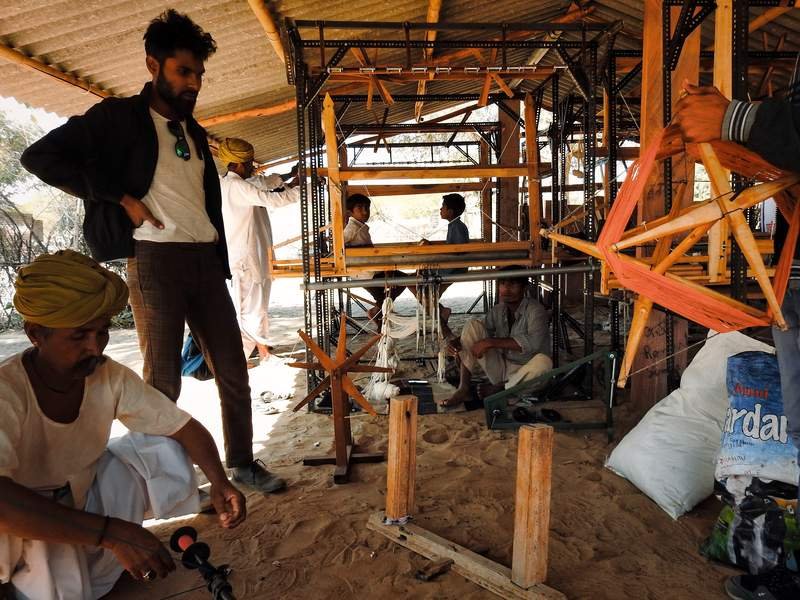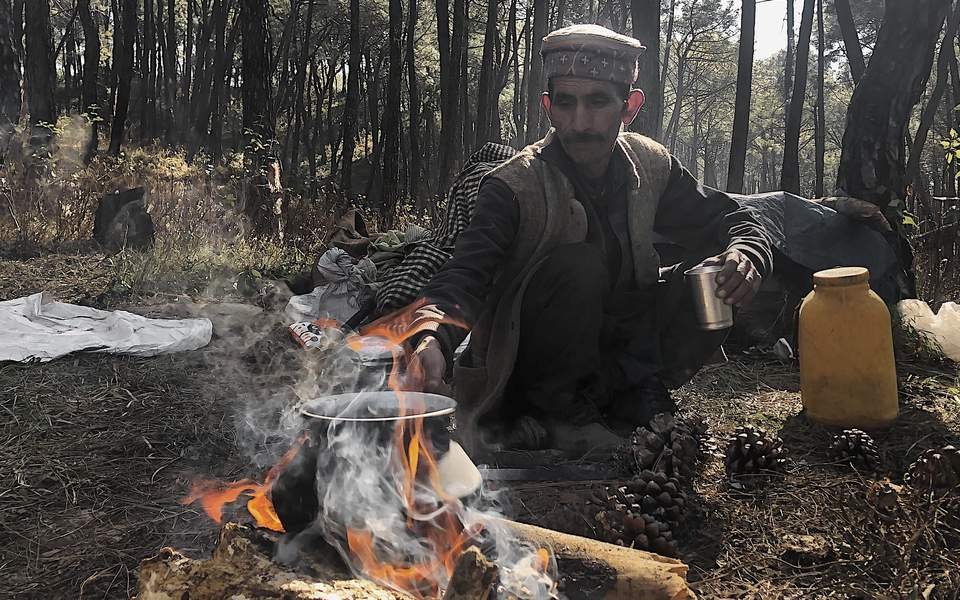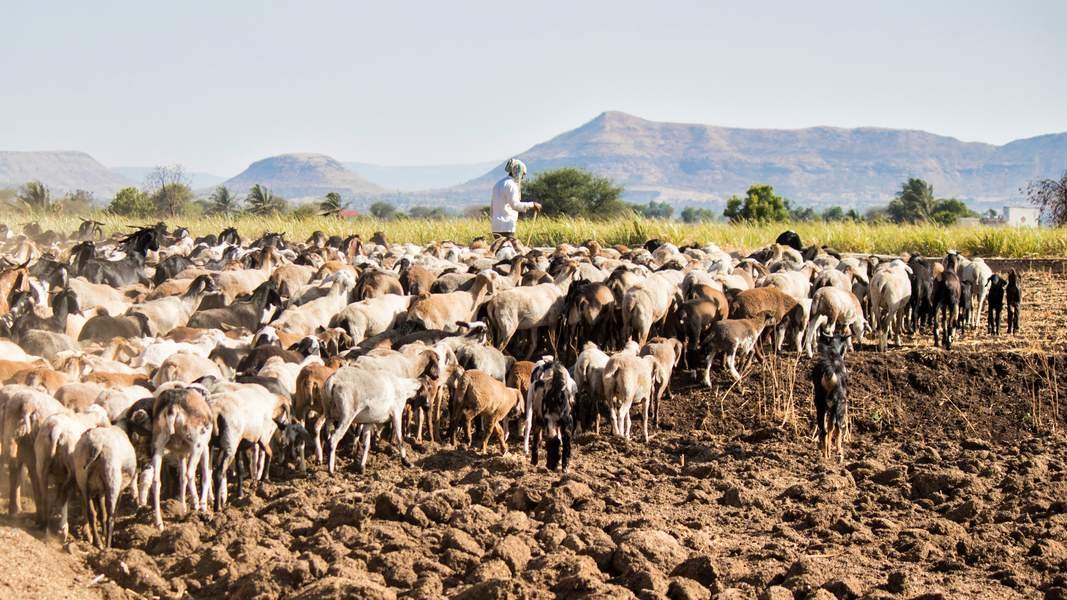The HERDING project: Heritage, dignity and adaptations in times of rapid change
The HERDING project focuses on women in mobile pastoralist communities. It is an interdisciplinary project that aims to gauge the complex transformations of pastoralist women’s lives. The rapidly changing patterns of land use and pressures of sedentarisation are affecting pastoral livelihoods and making them vulnerable to poverty, but disproportionately affecting women. This project examines the impact on women and aims to advance a view of sustainable development that honours pastoral heritage, stalls processes of exclusion and supports India’s sustainable development goals.
